5 Tips to Learn How to Prevent House Fires
Updated April 21, 2020 . AmFam Team
When it comes to fire safety, prevention is key. Adopting best practices with appliances, such as unplugging space heaters and irons before leaving each area, is an excellent approach. However, it's just a start.
Consider these five house fire prevention tips to help maintain a fire-safe home.

1. Educate Everyone on Fire Risks and Safety
The first and most important thing you can do is make sure everyone in the household is educated on fire safety measures, including children. How many of us leave the kitchen with food cooking on the stove? The answer is probably most of us. It’s unsafe, and yet we do it anyway. Utilize your resources, including your local fire department, to educate your family on household fire safety and make small but preventative changes around the house — like turning the stove off every time you leave the room — even if it’s just for a moment to answer the door or load the washer.
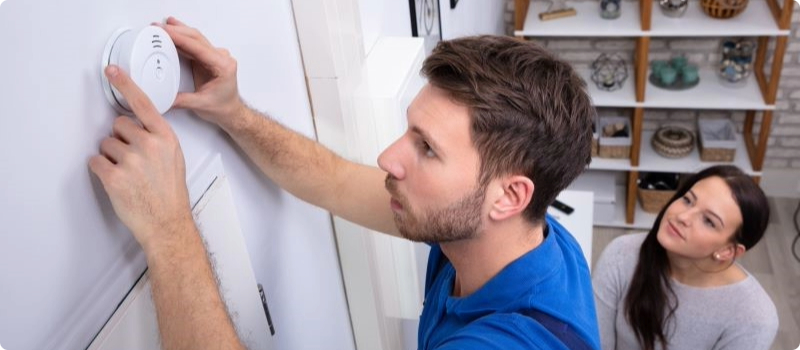
2. Test Your Smoke Alarms
The U.S. Fire Administration (Opens in a new tab) suggests testing smoke alarms once a month and changing their batteries twice a year. However, a lesser-known detail is that replacing each alarm in your home every 10 years is best.
When that time comes, consider upgrading to smart detectors. These connect to Wi-Fi and send alerts to your phone when an alarm goes off or the batteries need to be replaced. They can also be integrated with a larger smart home system that can then notify emergency services of the fire. Upgrading to a smart smoke or carbon monoxide alarm could also qualify you for the American Family Insurance Smart Home discount.
Keep in mind that each of your home's levels and bedrooms or sleeping areas should have a working smoke detector.
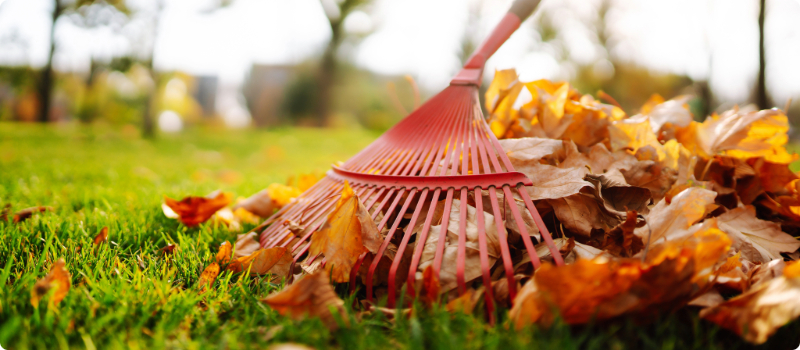
3. Keep Lawn Clippings and Other Flammable Items in Safe Places
Built up lawn clippings and dry leaves can create heat and start fires. After a hard day of yardwork, keep the debris a safe distance from the house and dispose of it as soon as possible.
Other Common Flammable Household Items Include:
Rubbing alcohol. Store rubbing alcohol in a temperature-stable environment away from sparks and open flame. Keep the cap tight on the bottle to avoid evaporation.
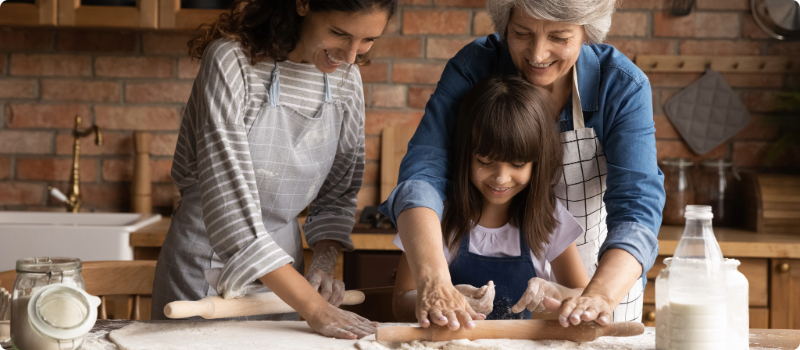
Flour. Flour should never be used to put out a grease fire as it is highly flammable and possibly explosive. Store it away from hot surfaces and other heat sources, like gas burners, and take care when cooking roux or choux pastry that may require flour to be added directly into hot pans.
Hairspray and other aerosol cans. Keep all aerosol cans away from open heat or flame. Baking spray should be kept far from stovetops and ovens, and hairspray should never be used to light a fire — no matter what action movies tell you.
Gasoline and paint thinner. Store gasoline and paint thinner out of the rain and in a covered, well-ventilated area, but not in your house. Never smoke, light a match or build a fire near flammable containers.
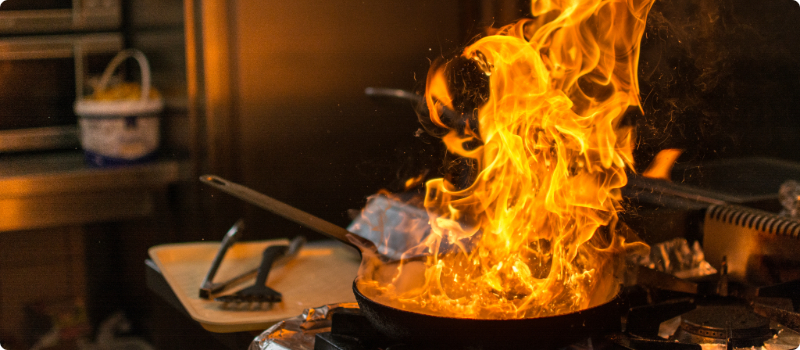
Cooking oil. Store cooking oil in cool, dry places that maintain a steady temperature. Don’t leave it on the stovetop while cooking, and don’t pour it down the drain when you’re done with it. Dispose of cooking oil in a sealed container — preferably non-recyclable — and throw it out with your regular garbage.
Nail polish. Make sure the cap is securely on the bottle. Store it in a cool, dark place with even temperatures to prevent discoloration and destabilization of the formula inside. It’ll keep you safe from fire hazards and preserve your nail polish for longer.

4. Keep Pets Contained
When you’re not home it’s best to keep pets, especially new, untrained pets, in a crate or a safe room where they can’t mistake electrical cords as chew toys or a bathroom. This will also prevent your little fur babies from nestling into tight spots, like the refrigerator motor.
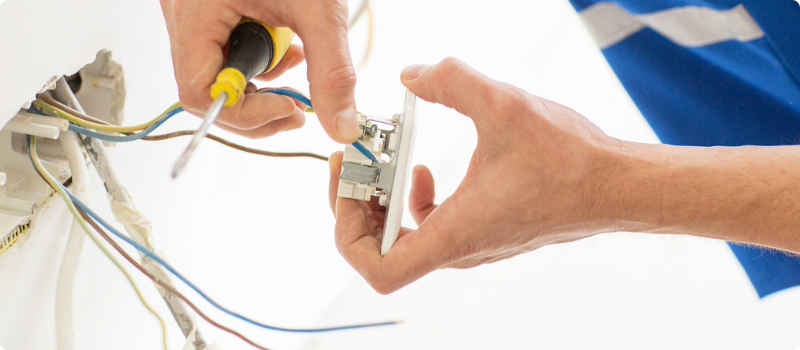
5. Check Your Home Appliances and Wiring
Lastly, perform regular checks around your home and keep up with maintenance. It’s easy to forget out-of-sight areas, like crawl spaces and ventilation shafts. Here are some areas to keep in mind:
- Electrical wiring may have frayed over time or been damaged by pests. Check crawl spaces, attics and basements, and bring in a licensed professional to replace faulty wiring.
- Make sure your air conditioner and heating unit are cleaned regularly and functioning properly. Also, avoid using extension cords for air conditioners.
- Have your chimney inspected and cleaned at least once a year and use a screen to prevent embers from flying out into the living space while in use.
- Use only dried/seasoned hardwoods in your fireplace that have aged for 2-3 years.
- Keep your stove and oven free of built-up grease and clean the vent hood regularly.
- Clear the lint trap of the clothes dryer after every load and keep the outside vent clean.
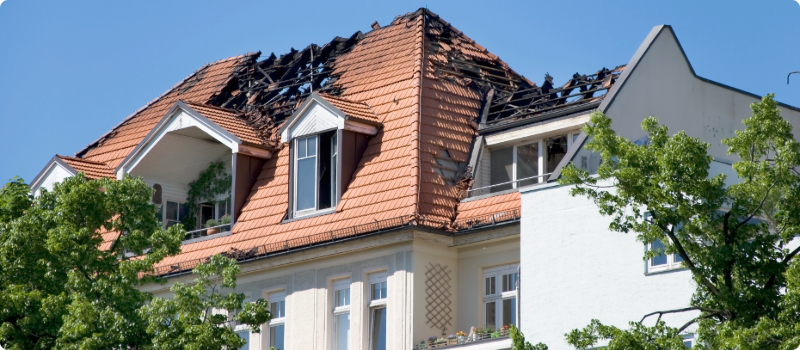
Does homeowners insurance cover fires?
Thankfully, many homeowners insurance policies cover fire damage. American Family’s home insurance may help cover fire damage in several different ways, including coverage related to relocating, replacing personal property and repairing your home. It may also help cover different types of accidental fires, such as those originating from candles, electrical appliances and cooking grease.
Implementing these fire safety practices around the house is just a start, and protecting your home doesn’t stop there. An American Family Insurance agent can help you make house fire prevention a regular practice.
This article is for informational purposes only and based on information that is widely available. We do not make any guarantees or promise any results based on this information.
This information may include brief description of coverages, but is not part of your policy, and is not a promise or guarantee of coverage. If there is any conflict between this information and your policy, the provisions of the policy will prevail. Insurance policy terms and conditions may apply. Exclusions may apply to policies, endorsements, or riders. Coverage may vary by state and may be subject to change. Some products are not available in every state. Please read your policy and contact your agent for assistance.
Tools & Resources
NextScripts
JSS component is missing React implementation. See the developer console for more information.

